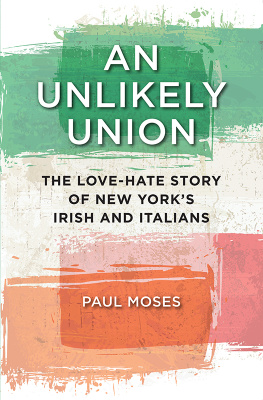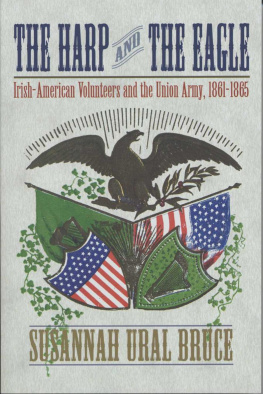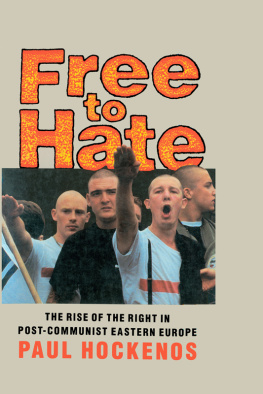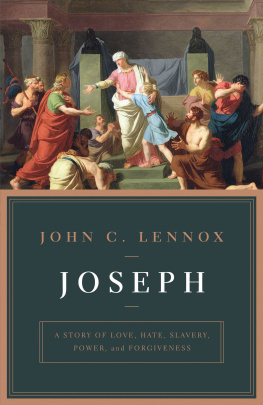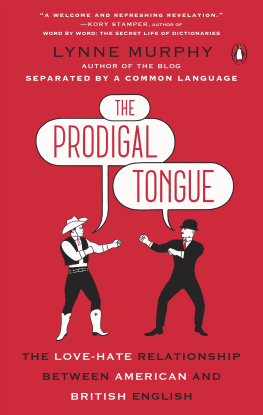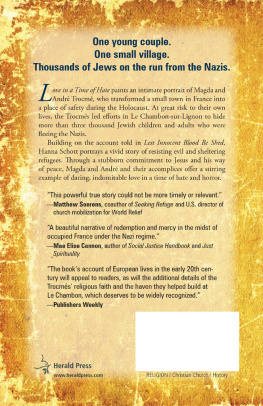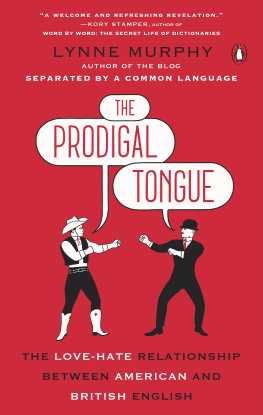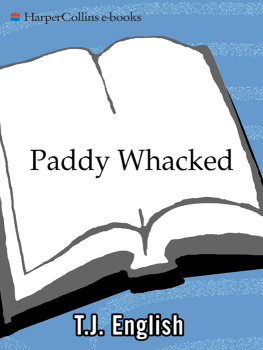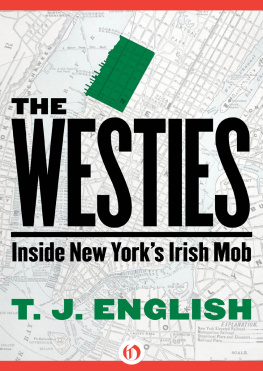The masses of Italian immigrants who arrived in New York City in the late nineteenth and early twentieth centuries found Irish Americans everywhere in charge: as cops and robbers, saints and sinners, and wary gatekeepers of nearly all the occupations the newcomers hoped to pursue. By Paul Mosess delightfully insightful, warm, and witty account, ethnic tribalism proved no match for enterprising immigrants who saw their opportunities and took them.
James T. Fisher, author of On the Irish Waterfront: The Crusader, the Movie, and the Soul of the Port of New York
An Unlikely Union is an unlikely success.... It is a vivid history of conflict... and then it turns into a romance mediated by food, religion, and burning proximity. It is a Shakespearean tale, with occasional episodes of Romeo and Juliet but the overarching plot of Much Ado about Nothing, where the intense mutual distaste of the hero and heroine turns into an equally intense and enduring bond.
Robert Viscusi, general editor of the American edition of Italoamericana: The Literature of the Great Migration, 18801943
NEW YORK UNIVERSITY PRESS
New York and London
www.nyupress.org
2015 by New York University
All rights reserved
References to Internet websites (URLs) were accurate at the time of writing.
Neither the author nor New York University Press is responsible for URLs that may have expired or changed since the manuscript was prepared.
Library of Congress Cataloging-in-Publication Data
Moses, Paul An unlikely union: the love-hate story of New Yorks Irish and Italians / Paul Moses.
pages cm Includes bibliographical references and index.
ISBN 978-1-4798-7130-8
e-ISBN 978-1-4798-7366-1
1. Italian AmericansNew York (State)New YorkHistory. 2. Irish AmericansNew York (State)New YorkHistory. 3. Italian AmericansNew York (State)New YorkEthnic identity. 4. Irish AmericansNew York (State)New YorkEthnic identity. 5. New York (N.Y.)Ethnic relations. I. Title.
F128.9.I8M67 2015
973.0451dc23 2015000490
S ometimes a story just takes hold of a writer and demands of him that it be told. This book would never have resulted without the help of many people. I thank them, starting with the literary agent Steve Hanselman, a steadfast supporter of this off-the-beaten-path idea from the start. Julia Serebrinsky offered excellent advice on the proposal. My editor at New York University Press, Jennifer Hammer, grasped immediately what I was trying to do and made very wise suggestions on the manuscript. Thanks also go to Adam Bohannon for his creative cover design and to Constance Grady and Rosalie Morales Kearns for their important assistance.
I am grateful to Brooklyn College and the City University of New York for a sabbatical that gave me time to immerse myself in research. My colleague Ken Estey provided crucial help, and a writing group with Jocelyn Wills and Martha Nadell was helpful. Fabio Girelli-Carasi made it fun to study Italian. Fellow members of the colleges Presidential Advisory Committee on Italian American Affairs, especially Robert Viscusi, encouraged me along the way.
The New York Public Librarys research collections were essential to this book, as were the archives of the Center for Migration Studies and the help of the centers archivist, Mary Elizabeth Brown. Dr. Browns writings on the Catholic Church and immigrants were also of great value. I am indebted to the staff of the Brooklyn College Library for tracking down many hard-to-find sources and to the Archives of the Archdiocese of New York. I am also grateful for the opportunity to do research in the Tamiment Library and Robert F. Wagner Labor Archives at New York University; the Criminal Trial Transcripts Collection of the Lloyd Sealy Library at John Jay College; and the New York City Municipal Archive and City Hall Library. Online databases such as Ancestry.com, the Brooklyn Public Librarys Brooklyn Eagle archive, the Old Fulton Postcards website for New York State newspaper articles, the Unz.org site for magazines, Archive.org, Google Books, the Italian Genealogical Group, and the Library of Congresss Chronicling America were important research tools. I am indebted to all those who made these resources available.
Two anonymous reviewers at New York University Press provided expert readings of the manuscript and many important suggestions. Anne OConnor helped me to understand how the Risorgimento was viewed in Ireland. Im grateful to Jim Bradley, Marie Bradley, Susan Burke, Linda Cronin-Gross, Tony DeMarco, Mary Macchiarola, and John OBeirne Ranelagh for telling me the family stories that appear in this book. Many, many other people shared their Irish-Italian stories with me, including Susan Healy, Anna Hunt, Patrick McNamara, Jim Mulvaney, Aldo Orlando, Sherry Pacelli Haddox, a descendant of the labor leader Tito Pacelli, and Maureen Viani. My thanks also go to the late Michael and Helen Alba, Sister Maryellen Blumlein and the Sisters of Charity of New York, Joe Calderone, Father Jim Collins, Michael Collins, Regina Collins, Frank DeRosa, Kate Donovan, Jim Dwyer, Kate Feighery, James T. Fisher, Sister Maureen Foy, Joe Giordano, Tim Healy, Melinda Henneberger, Father Brian Jordan, Bill McGarvey, Anthony Mancini, James Moses, Len Muscato, the late Nunzio Pernicone, John Power, Peter Powers, Betty Smith, and Bernadette Walter. So many other people encouraged me along the way.
My father, Bernard L. Moses, was an inspiration to me as I worked on this book, both before and after his death on April 27, 2012. My mother, Anne Moses, offered family stories Id never heard before and helped make the New York of distant decades come alive.
Writers often complete their work by acknowledging that they never could have done it without their spouse and children. Thats literally true for me. I never would have conceived of this book had it not been for my happy Irish-Italian marriage with the former Maureen Collins and the pride we take in the children of that union, Matthew and Caitlin. For that reason, Ive dedicated this book to them, and to my earliestmodel of an Irish-Italian marriage, Marie and Frank Bradley.
***
Grateful acknowledgment is made for permission to quote from the following works:
Center for Migration Studies: For the Love of Immigrants: Migration Writings and Letters of Bishop John Baptist Scalabrini, 18391905.
Tamiment Library: Elizabeth Gurley Flynn Papers.
International Publishers: The Rebel Girl: An Autobiography, My First Life, 19061926.


